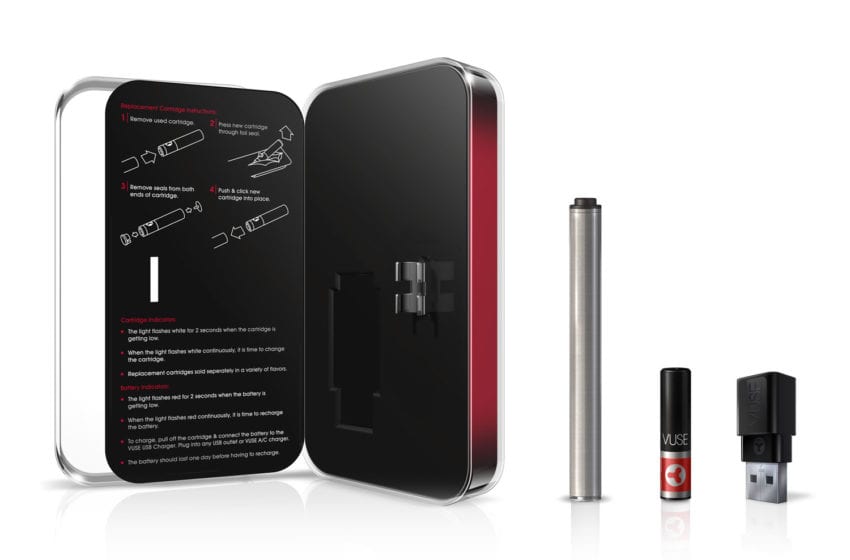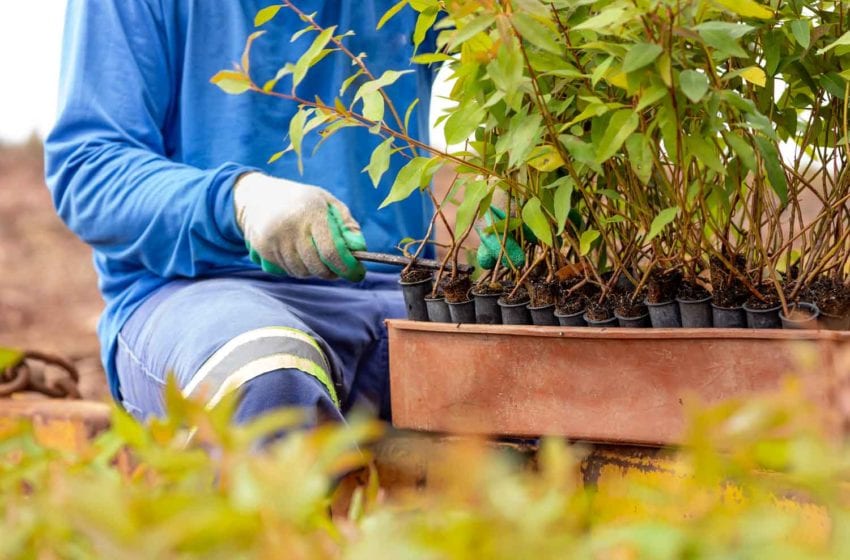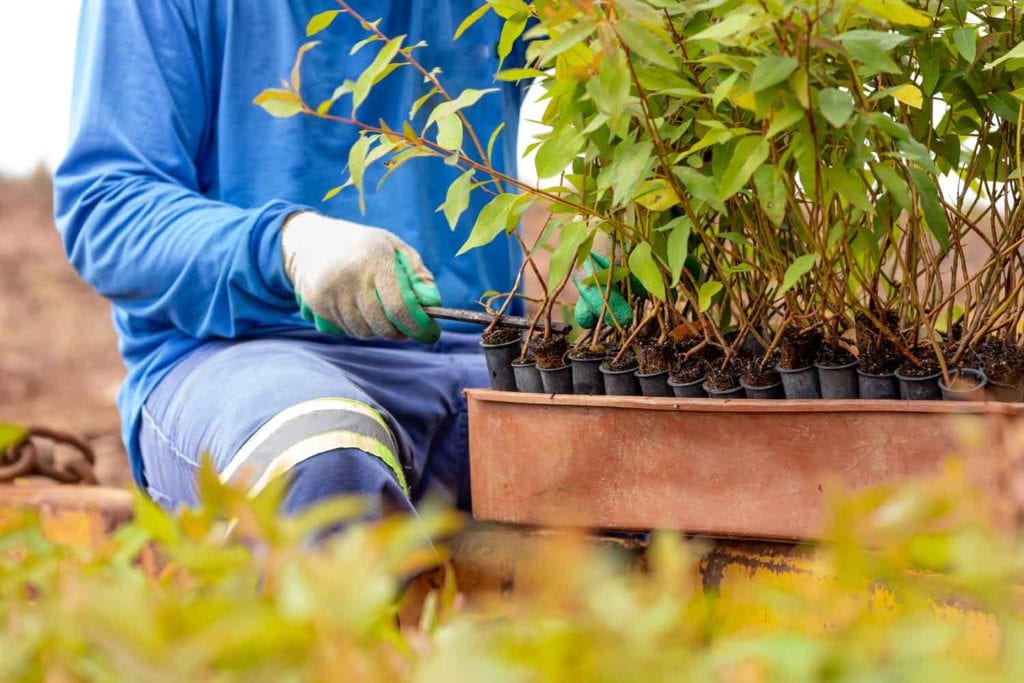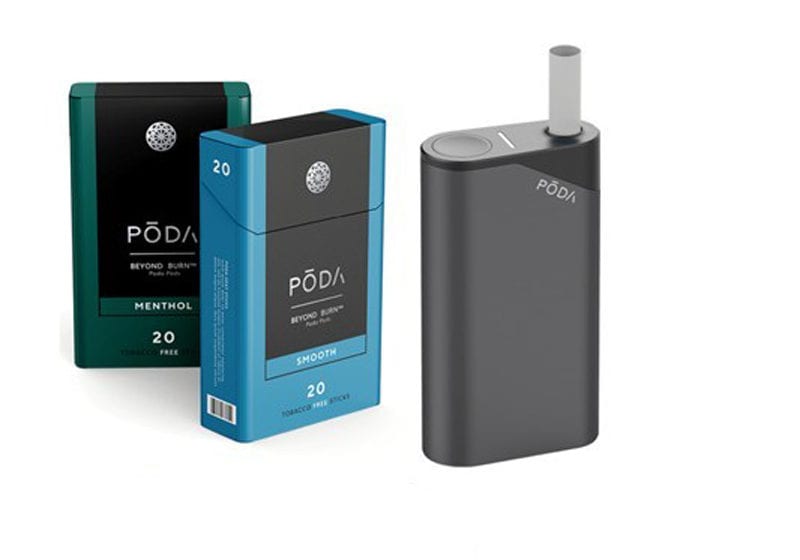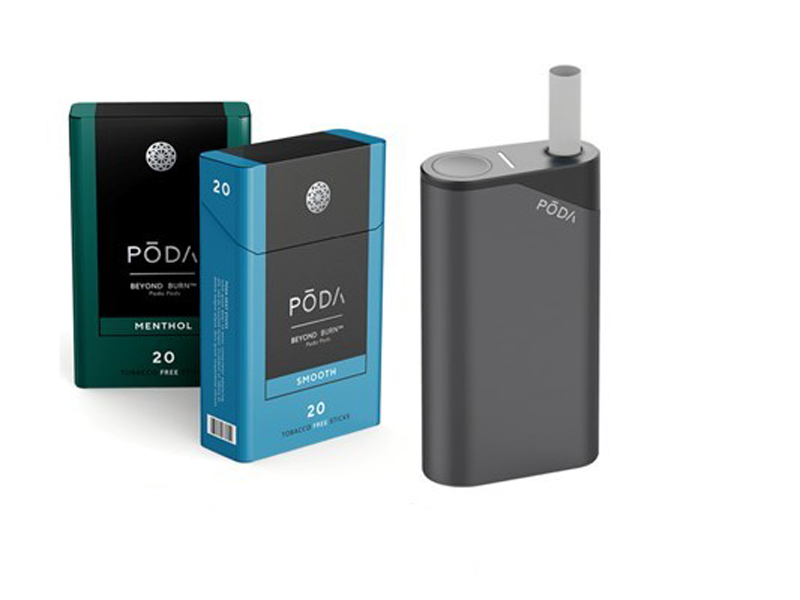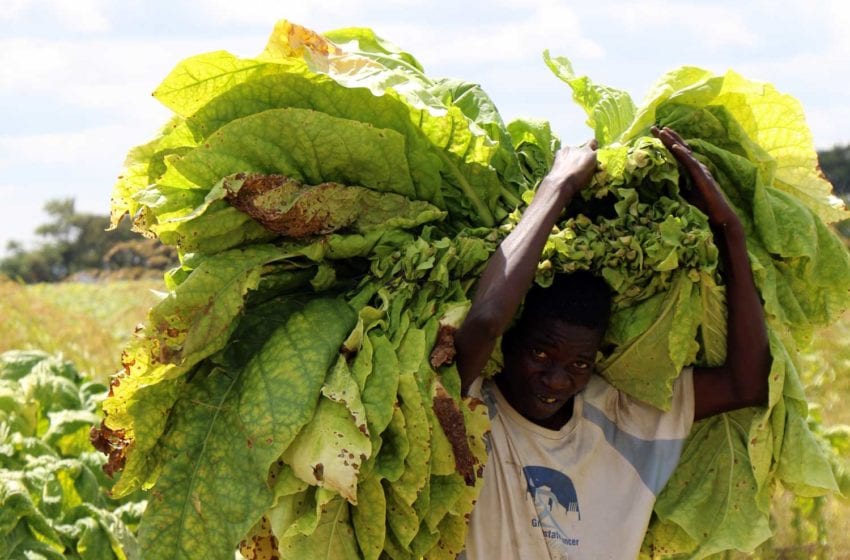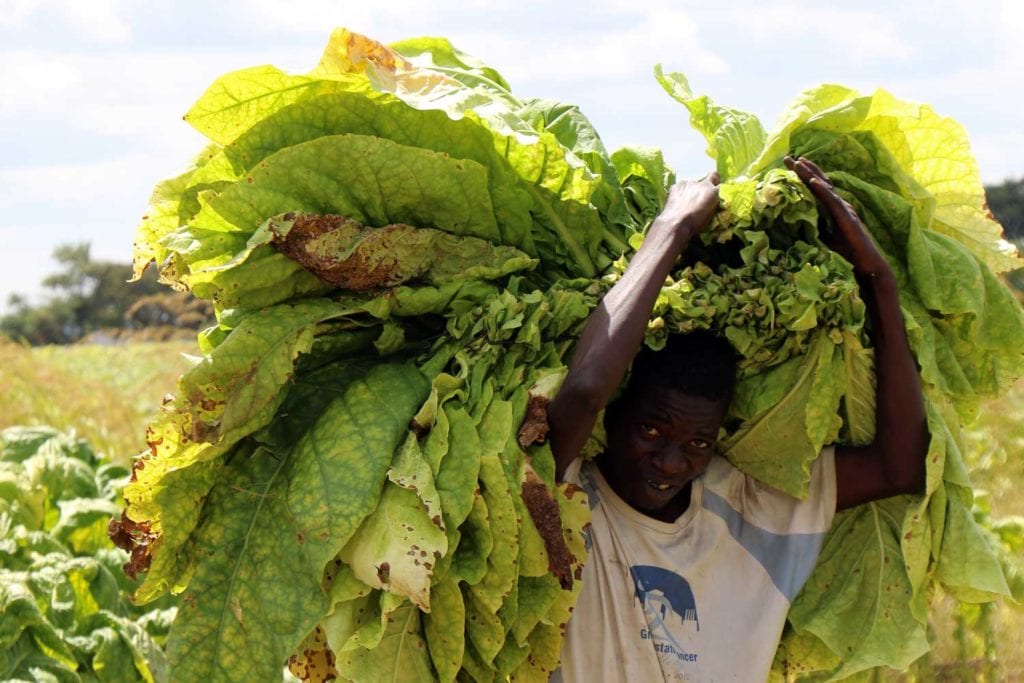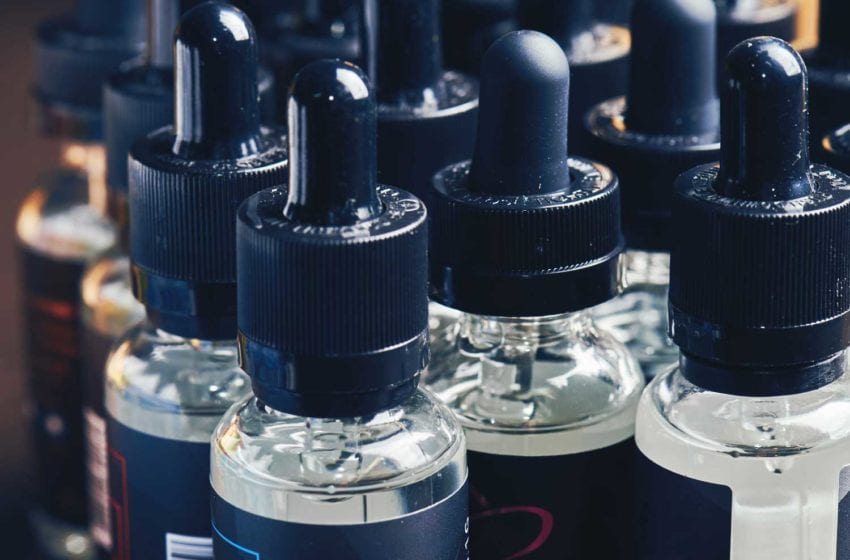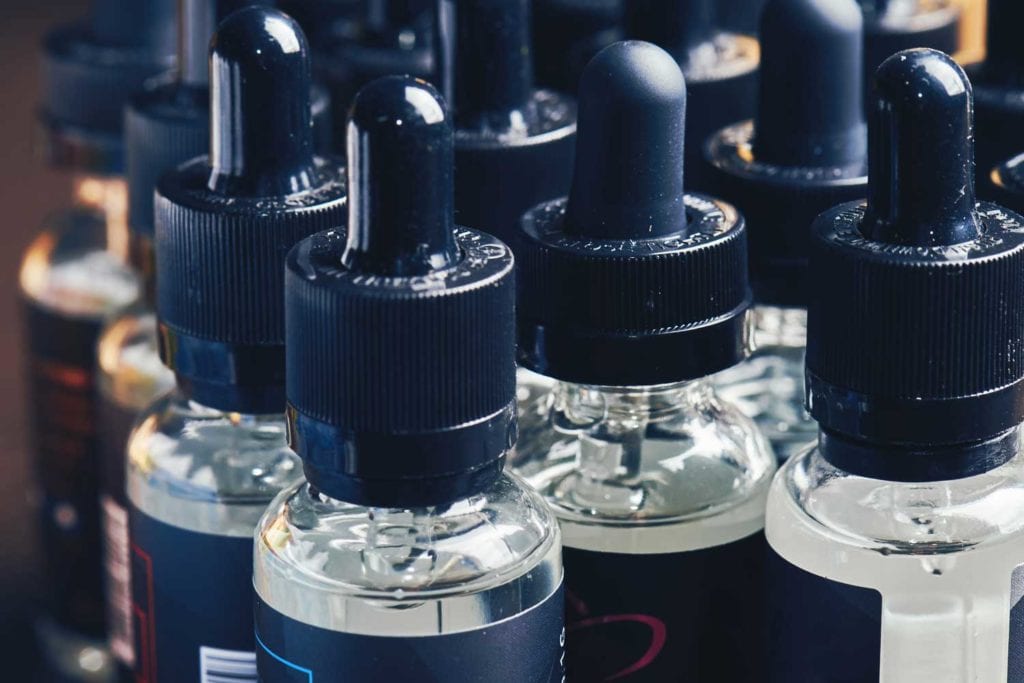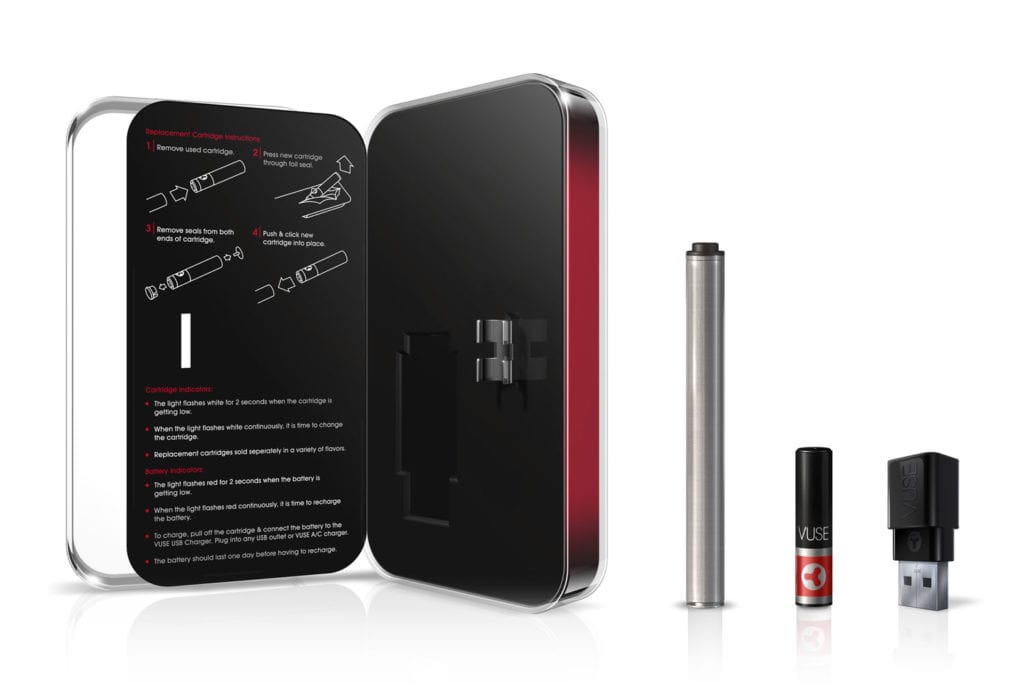
R.J. Reynolds (RJR) Vapor Co.’s Vuse Solo and Ciro e-cigarettes infringe patents owned by Fuma International, a federal court in North Carolina ruled, according to Reuters.
Fuma sued RJR in 2019 for infringing two of its patents that outline types of e-cigarettes made of a cartridge and power source.
U.S. District Judge Catherine Eagles found that the products included two of the disputed elements and infringed both patents but that the question of whether they included the third element should go to trial.
The Vuse Solo has one of the patent’s “electrically conductive portion” that couples the cartridge to the power source, and the Vuse Ciro has a type of airflow passageway featured in both patents, Eagles said.
However, the third disputed element—whether the Solo has the “electrically conductive threaded portion” from a Fuma patent—will be decided at trial. RJR provided enough evidence to show that the relevant part of its device may not be “threaded” under the patent’s definition, according to Eagles.
RJR spokesperson Kaelan Hollon told Reuters that the company “looks forward to proving at trial that the Fuma patents are invalid” and that Solo doesn’t infringe the part of the patent still at issue.
Vuse is one of the most popular e-cigarette brands in the United States.
Earlier this month, a judge ruled that Philip Morris International’s IQOS tobacco-heating device infringes two Vuse Vibe and Vuse Solo patents. That case will likely be reviewed by the full International Trade Commission.

